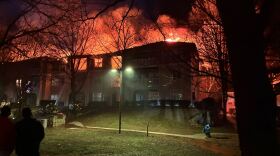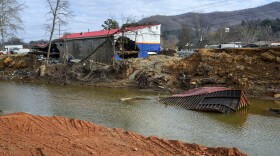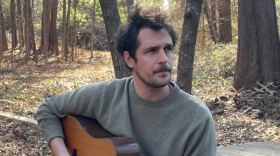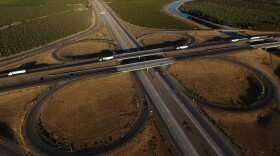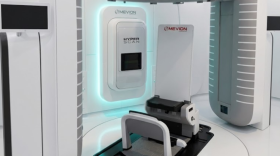-
Former Democratic Gov. Roy Cooper and ex-Republican National Committee Chairman Michael Whatley have won their respective party nominations for a North Carolina U.S. Senate seat.
-
Two incumbent Democratic representatives in the N.C. House who drew the ire of their base by siding with Republicans in key votes lost their reelection bids on Tuesday.
-
People with severe mental illness often cycle in and out of psychiatric hospitals, emergency rooms and jail cells. North Carolina lawmakers want to put a stop to it, but that’s easier said than done.
-
Firefighters were called to Camden Westwood apartments, just off Chapel Hill Road, around 6:15. They found a fire burning on the third floor of a building with about 30 apartment units, according to a statement from the Town of Morrisville.
-
Nearly every North Carolina county is now in moderate to severe drought as the spring wildfire season ramps up.
-
This week, North Carolina joined 22 other states in filing a motion to enforce an earlier ruling that demanded FEMA release funding for the more than 2,000 Building Resilient Infrastructure and Communities projects left in limbo nationwide.
-
The selection of Asheville “reflects the Trump Administration’s commitment to the revitalization and resilience of western North Carolina,” Treasury Secretary Scott Bessent said.
-
Wake County Emergency Management Services plans to make a number of changes, including implementing triage service and using lights and sirens less frequently.
-
Joseph Terrell wrote his song, "Genuine American Hero" after Renee Good, a U.S. citizen, was shot and killed by an immigration enforcement officer last month.
-
The federal Transportation Department says more than 550 commercial driving schools in the U.S. that train truckers and bus drivers must close after investigators found they employed unqualified instructors, failed to adequately test students and had other safety issues.
-
UNC Health System will integrate the radiation technology into their main campus in Chapel Hill in 2028 to help treat cancer patients. The cost of the project is $40 million.
-
The agents' body armor, helmets, and camouflage mimic military special forces, but may not be the most effective gear for enforcing immigration law.







